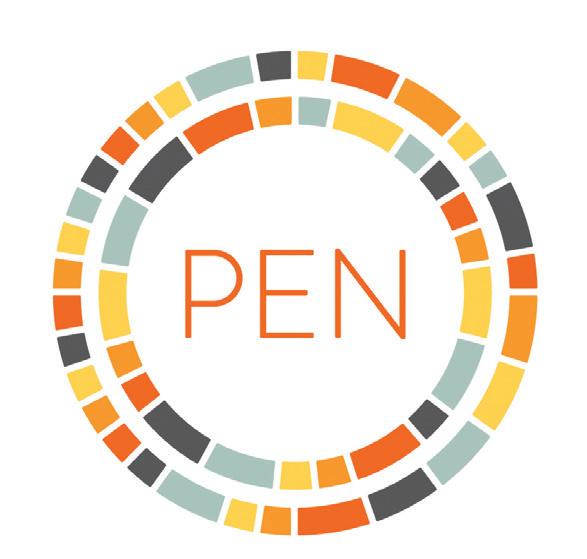LESSONS the Pandemic Can Teach Us About Homework — by Lauren Porosoff It didn’t take long into the pandemic for teachers to start dreading the terms synchronous and asynchronous. But these aren’t just pretentious ways of saying classwork and homework. Classwork and homework describe where learning occurs, while synchronous and asynchronous describe when and with whom. In synchronous learning, all students learn at the same time, which pre-Covid usually meant being together in a classroom. In asynchronous learning, each student learns independently at different times. It has always been important to honor the time students spend with family and friends, pursuing interests beyond school, taking care of themselves, and engaging with their communities. The pandemic has only underscored these needs. We’ve also learned that what we previously called “homework” isn’t only what we ask students to do in their homes. It’s also what we ask students to do independently and on their own schedule, as opposed to what they do together at the same time. A key aspect of progressive education is that education must “emerge from the interests, experiences, goals, and needs of diverse constituents” (PEN Principle #5). Let’s assume, then, that we should not assign asynchronous work just to keep our students busy outside class, but rather that any work we ask them to do should be meaningful. The question becomes, Meaningful for what? In order to determine whether an asynchronous assignment is meaningful, we first need to determine its function within the unit it’s part of. In Teach Meaningful (2020), I describe three types of units, and as we’ll see, homework plays a different role depending on the type of unit it’s part of. 1. In an inquiry-based unit, students explore the content, often guided by an essential question. Inquiries foster curiosity, observation, close reading or listening, discovery, contemplation, analysis, making connections, and asking more questions. Each learning task works with all the preceding tasks to build students’ understanding. 2. In a rehearsal-based unit, students develop a skill set through repetitive and cumulative practice. Rehearsals foster fluency, independence, self-awareness, and the motivation to pursue more complex material. While some rehearsal-based units end in a test, others culminate in a final performance so students have something meaningful to rehearse for. Each learning task gives the student a new opportunity to maintain existing skills, increase their repertoire, or both.
Summer 2022 The Journal of the Progressive Education Network PEN 15












